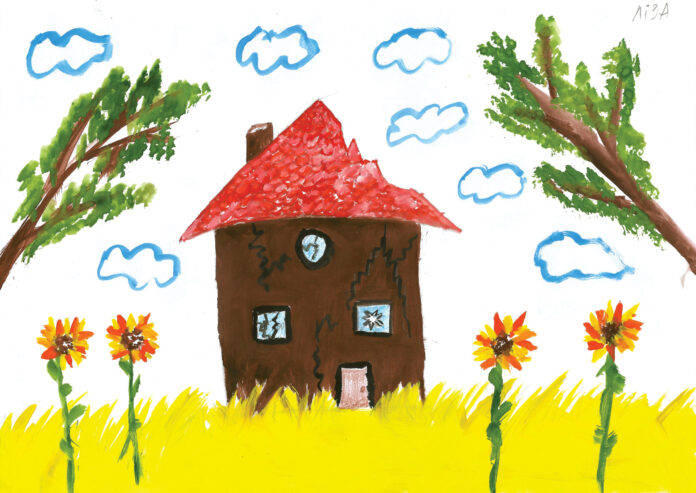
I must confess that I find my usual, easy optimism strained these days. So, I struggle to write this column. I want to offer something that is uplifting, inspiring, encouraging and, perhaps, even a bit thoughtful. But to do so feels dismissive to me in the face of the hardship and heartache that so many are experiencing around the world this very moment.
There is an African proverb that says when elephants fight, it is the grass that suffers.
And so, I am especially mindful of the children and those who try to comfort and care for them. Before I finish writing this article, a child will die in her mother’s arms in Palestine, a young man (far too young) will take up arms in Sudan, and a playground will become a battlefield in Ukraine. And what more could be said of the suffering of the innocents in Yemen, Ethiopia and Myanmar and a thousand other places of death and deprivation?
I acknowledge along with the Kentucky farmer-poet, Wendell Berry, that “despair of the world grows in me.”
But, not completely.
I take hope in the picture above. It was given to me by a Ukrainian child who, along with her family, have found shelter in the nearby Republic of Georgia. They have been warmly welcomed by Malkhaz Songulashvili and his congregation at Peace Cathedral in Tbilisi. Housing, food, transportation, jobs and even a small art studio have been generously provided to Ukrainian refugees, fleeing their devastated homeland. Such kindness ignites a spark of optimism that pushes back against the darkness. While there are so many who are consumed with waging war, there are also those who are even more intensely consumed with waging peace. Their small efforts make a tremendous difference.
Even the picture itself hints at an emerging hope. In spite of the damage done by the machinery of war, nature thrives. The trees have leafed out, and the brightly colored flowers are in full bloom. Puffy clouds float in a clear sky, and the grass sways in the breeze. In the eyes of this child, the forces of destruction are powerless against the resilience of nature that pushes its way up through the ashes like a dandelion through a crack in the sidewalk. The steady, peaceful and healing rhythms of the creation ultimately drown out the percussive cacophony of bullets and bombs.
Our young artist finds solace in the greening trees, the blossoming flowers and the waving grass. She is not naïve as she sees her ravaged house. But, she remains somehow hopeful as she rolls in the soft grass.
It is this same impulse, I think, that rises up in Wendell Berry in his poem, The Peace of the Wild Thing.
When despair for the world grows in me
and I wake in the night at the least sound
in fear of what my life and my children’s lives may be,
I go and lie down where the wood drake
rests in his beauty on the water, and the great heron feeds.
I come into the peace of wild things
who do not tax their lives with forethought
of grief. I come into the presence of still water.
And I feel above me the day-blind stars
waiting with their light. For a time
I rest in the grace of the world, and am free.
May we answer the despair that sometimes grows in us with small but heroic acts of kindness and with the peaceful trust that comes from resting “in the grace of the world.”









